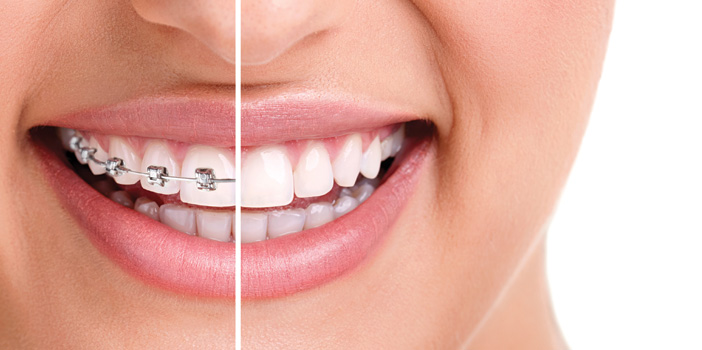
Orthodontic Retention
When your braces are removed, you will wear a retainer to hold your teeth in position. Retainers are just as important as braces in orthodontic treatment. You will need to wear your retainers as recommended by Dr. Biermann in order for your teeth to settle into a better occlusion (bite) and for your bones, gums and muscles to adapt to your new dental arrangement.
Retainers
A removable appliance is carefully designed to move or hold your teeth in place. It should be worn according to instructions and brought to each appointment. Wear your appliance at all times, even while you are asleep. It may be removed while swimming or engaging in vigorous sporting activities. In two to three days, your speech will return to normal with the appliance in place. Avoid flipping your appliance with your tongue. This can cause damage to your teeth or breakage of your appliance.
Your new appliance may make your teeth sore for a day or two, especially after an adjustment. If you have a sore spot on your gums, call our office so we can arrange to adjust the appliance. Clean your appliance by brushing it daily with toothpaste. Denture cleaner can also be used for a more thorough cleaning. Never wrap your appliance in a paper napkin or tissue and set it down on the table. You or someone else may throw it away. Don’t put it in your pocket when playing or you may break or lose it. Whenever it is not in your mouth, it should be in its plastic appliance case.
Keep your appliance away from dogs or cats, as they love to chew on them. Avoid storing it near any source of heat. Do not boil your retainer to sterilize it!.
Changes after Treatment
Teeth have a tendency to change their positions after treatment. The more pronounced the misalignment of the teeth or depth of the bite, the more likely it is that your teeth or bite may shift or “relapse” somewhat toward their original position. This minor degree of relapse generally enhances normal settling of the individual tooth positions and will stabilize the bite. The lower front teeth have the greatest tendency to relapse. Some relapse may occur despite our best efforts and your conscientious cooperation.
Throughout life, the bite can change adversely due to the eruption of wisdom teeth, mouth breathing and other oral habits. Adverse bone growth, the normal aging process and other maturational changes that take place later in life are beyond the control of the orthodontist.
